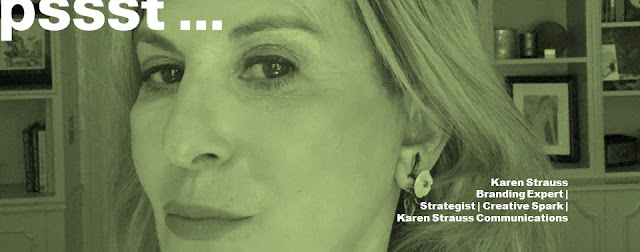FALSE FICTION
Thanks to David Gallagher, my European CEO at Ketchum. He raised a very interesting point about storytelling. With the eye-catching headline "False Fiction: what about the darker side of Storytelling?" he highlighted an article from Lee Child in THE NEW YORKER who talks about the manipulative threat of fictional stories. So should we have a discussion about ethics when it comes to storytelling?
I disagree
First I want to point out that I disagree with Lee Child. Specific in his view on the evolution of storytelling. First, there is not evidence that Neanderthals were not able to speak. They had the same abilities as Homo Sapiens. They had even gene FOXP2, which is crucial to develop and understand language. They burried their dead carefully in caves so there must be some social engagement among them. (A good reading on the social aspects of Storytelling: Jonathan Gottschall, The Storytelling Animal. Why stories make us human.)
The Neanderthals vanished 30.000 years ago. The oldest verification of storytelling is nearly 40.000 years old. Drawings in the cave of Abri Castanet show animals, geometric forms and a female vulva. All this symbols plotted in the stone age are a hint for first narrative art. So storytelling seems to be a part of mankind from the beginning on - not an evolution of time as Lee Child indicates in his article.
And I also disagree with the fact that "non-fiction" came first and then ... decades later ... "fiction" was invented - as Child mentions. We have to be aware that mythodology is so much oder than we think. Fairy tales for example have a very long tradition. Take "Little Red Riding Hood" for example. Many of us know this story because it was published by the Grimm Brothers in their famous collection of fairy tales "Kinder- und Hausmaerchen" from 1812. Actually a publishing blockbuster those days, comparable to Joanne K.Rowling´s Harry Potter series.
But mythodologists recently found a much older version of "Little Red Riding Hood" - in India. A tale which is 2,000 years old. With a little girl, walking in a dark forest. The only difference is, that it´s a tiger instead of a wolf that threats her. So fiction is much older. Or take religious myths like the whole Buddistic Story-Universe - they are very much older than many non-fictional stories.
I agree
Beside the my different view on the evolution of "fiction" I totally agree with Child´s concerns. Fictional Storytelling is a power force and used incorrect or manipulative it can be a fatal sword. In so many different meanings. Let´s take "fiction based on a true story". Such as the Oscar winning blockbuster "The Danish Girl". Because director Tom Hooper tells the story so well, the audience gets the impression to be introduced to and get to know the life of transgender Einar Wegener who gave himself the name Lili Elbe. But this is not true. Well, the scriptwriter used Lili´s diary for inspiration - but it´s still a fictional Lili we are introduced to. Don´t forget that.
Same with series such as "Homeland" or "House of Cards". Only because everything looks so real, using original places, real job titels, zeitgeist events ... only because of this similarities the non-fictional world at the CIA or in the White House is not exactly as Carrie Mathison or Frank Underwood experience it. Don´t forget this.
So I am even more alerted when I see more and more false stories for PR coming up - even for a good purpose. Such as a fake web shop in Poland to trace consumers who want to buy illegal firework. This kind of PR might be successful. On a short notice. On a long term, if advertising and PR agencies using more and more fictional stories and not flag them as "fiction" - they will ruin something. Everything.
So do we need to talk about ethics and storytelling? Yes we definitely have to.





